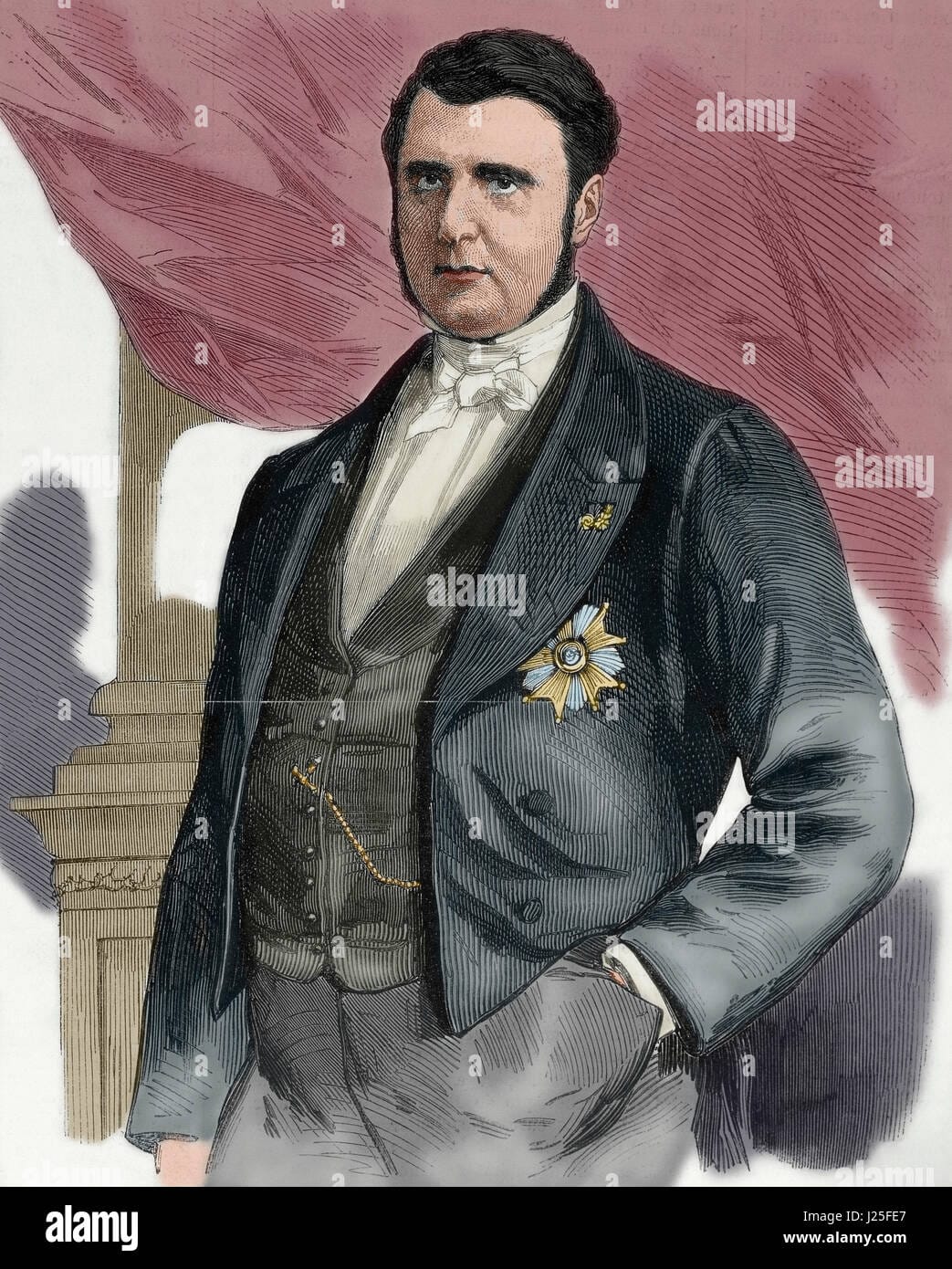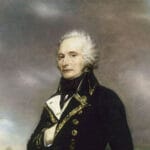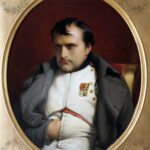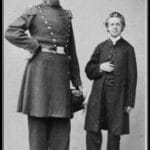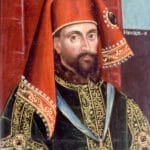The Illegitimate Son Who Forged His Own Diplomatic Path
Alexandre Colonna-Walewski – the name alone hints at a life touched by history, a man born between two worlds. Born in 1810 to Countess Marie Walewska, his life story carries the weight of whispered rumors, forever linking him to one of history’s most iconic figures: Napoleon Bonaparte.
While Napoleon never officially recognized Alexandre as his son, the rumors persisted, casting a long shadow over the young man’s life. Imagine growing up with the whispers of such a lineage, a constant reminder of the extraordinary circumstances of your birth. But Alexandre, far from succumbing to the weight of expectation, chose to forge his own path, stepping out from under Napoleon’s shadow to embrace the world of diplomacy.
His journey began not in the gilded halls of power, but in the bustling world of journalism. It was here that Alexandre honed his skills, developing a keen intellect and a sharp understanding of the political landscape. Influential figures like Adolphe Thiers, recognizing his potential, took him under their wing, guiding him towards a career in diplomacy.
Soon, he found himself representing France on the world stage as an ambassador, traveling to far-flung corners of the globe like Egypt. With each posting, he moved through diplomatic circles with growing confidence, earning the respect of his peers not as Napoleon’s son, but as a capable diplomat in his own right.
His rise continued, culminating in his appointment as Minister of Foreign Affairs under Napoleon III, his cousin. While some might attribute this to nepotism, it was Alexandre’s proven diplomatic acumen that secured his position. He had become a trusted advisor, someone capable of navigating the complexities of international relations during a turbulent period in European history.
Perhaps his most remarkable achievement was his pivotal role in the Congress of Paris in 1856. Imagine the pressure, the weight of expectation on Alexandre’s shoulders as he helped orchestrate this pivotal gathering. The Congress, marking the end of the Crimean War, brought together warring factions, each with their own agendas and grievances. Alexandre, through skillful diplomacy and a steadfast commitment to peace, facilitated dialogue and forged a path toward a fragile peace, cementing his place in the annals of diplomatic history.
Unraveling the Mystery: Was Napoleon Truly His Father?
The question of Alexandre’s parentage, whispered for generations, finally found a definitive answer in 2013. DNA testing, a tool unavailable in Alexandre’s time, confirmed the long-held suspicions: he was indeed Napoleon’s son.
This revelation, while confirming historical speculation, adds another layer of complexity to Alexandre’s story. It invites us to reexamine his achievements, to consider the impact of carrying such a legacy while forging his own identity. Did it drive him to prove himself, to escape the shadow of his father’s legend? Or did it grant him access and opportunities unavailable to others?
Beyond Bloodlines: Alexandre Colonna-Walewski’s Enduring Legacy
Alexandre Colonna-Walewski’s story is about more than just lineage. It’s a testament to the power of individual determination, a story of a man who refused to be defined solely by the circumstances of his birth.
He could have easily lived a life of privilege, coasting on his family name. Instead, he chose to carve his own path, embracing a career that demanded intellect, resilience, and unwavering dedication. He faced down the prejudices and whispers that likely followed him throughout his life, emerging as a respected figure on the world stage.
His legacy, intertwined with Napoleon’s, stands as a reminder that history is rarely black and white. It’s a tapestry woven from ambition, love, intrigue, and the unwavering pursuit of one’s own path. Alexandre Colonna-Walewski’s story challenges us to look beyond simplistic narratives, to recognize the complexities of human experience and the enduring power of individual legacy.
Delving Deeper: Exploring Unanswered Questions
While Alexandre’s story is captivating, it also raises intriguing questions that warrant further exploration. What was the true nature of his relationship with Napoleon III? Did they bond over their shared bloodline, or did rivalry and the shadow of Napoleon Bonaparte create tension? How did Alexandre navigate the complexities of serving a cousin who was also the son of the emperor he could never officially acknowledge as his father?
Furthermore, delving into his personal life could offer valuable insights. Did he ever yearn for a closer relationship with his father? What were his passions beyond the world of diplomacy? Uncovering these hidden facets of his personality could paint a more nuanced and humanizing portrait of this complex figure.
Alexandre Colonna-Walewski: A Life Woven into the Fabric of History
In conclusion, Alexandre Colonna-Walewski’s story is more than just a footnote in Napoleonic history. It’s a testament to his diplomatic skills, his resilience, and his ability to forge his own path despite the weight of his lineage.
His story also highlights the fascinating intersection of personal life and political intrigue in 19th-century Europe. By examining his life and career, we gain a deeper understanding of this period, its key players, and the events that shaped the course of European history.
Further research, exploring both his diplomatic achievements and his personal life, is crucial to fully appreciate his contributions and paint a more complete picture of this enigmatic figure. His story, once shrouded in whispers and speculation, deserves to be told in its entirety, recognizing both the complexities and the triumphs of a life lived in the shadow of a legend.
Internal links:
Anyone who acquainted with the activities of the Cambridge Five will already have some awareness of the exceptionally capable and successful espionage activities of the British double agent, Harold Adrian Russell Philby, but perhaps less would be known about his Cambridge contemporary, Daniel Chappie James.
